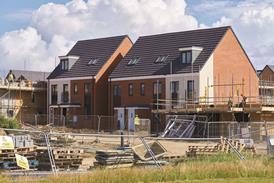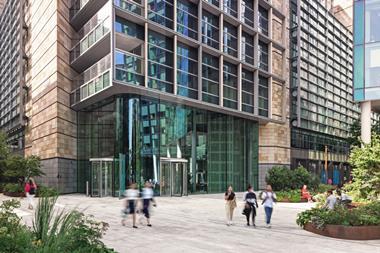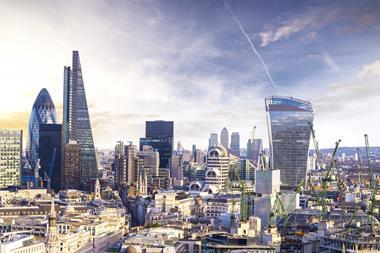Meta’s astonishing decision to spend £149m wriggling out of its commitment to lease a London office building from British Land says more about the California-based social media giant than it does about the state of the UK office market.

Nothing is feared more in Silicon Valley than stagnation, where the mantra has long been “fail early, fail often”.
The underlying notion is that if you aren’t trying hard to undermine the status quo then you will soon lose out to someone braver than you. The saying also acknowledges the idea that you mustn’t overvalue sunk costs, but should cauterise unhealthy cash bleeds, wrap yourself in bandages and move on.
Of course, this is not an attitude unique to the tech sector, or a particularly novel thought. I recall being taught in economics class, almost 40 years ago, that successful companies need the courage to kill their own cash cows, lest someone else should do it for them.
In 1985, an almost unthinkable cow-slaughter was attempted with a new recipe for Coca-Cola, a supposed new era for the ubiquitous soft drink launched at great expense – to widespread cries of “yuck”. Coke reverted to its classic formula within three months. The move was a massive failure, no doubt, but at least it failed quickly. The worse mistake of ploughing on regardless was avoided.
Meta’s decision to crystallise property losses looks like part of this pattern to me. The tech firm took out a long lease on the eight-storey, 313,000 sq ft building at 1 Triton Square at a time when it planned to expand its office footprint, and now it’s retrenching. It initially hoped to sublet the building but has now abandoned the distraction of becoming a London landlord.
The cost of this exit seems huge, but is a footnote against the $3.35bn (£2.75bn) Meta racked up in facilities consolidation costs across the nine months to 30 June this year, since embarking on restructuring in late 2022. In earlier guidance it told the market that restructuring costs for the whole of 2023 would likely fall between $3bn and $5bn.
So I think it would be wrong to read too much significance into Meta’s decision, or the scale of its payment, and conclude that problems in the London office market must be substantially worse than previously feared.
But there is worrying news here, no doubt. In December last year, Meta asked Cushman & Wakefield to sublet 1 Triton Square and nine months later that effort has clearly concluded without success. A request for comment from the agency did not yield a response.
We don’t know if the terms the agency was given by Meta were too onerous, if a deal with a potential tenant fell through or if some other factor got in the way. Perhaps it simply didn’t have sufficient time in a difficult market.
British Land says Meta’s surrender will accelerate its plans to reposition the building as part of its push towards life sciences and other innovative occupiers.
If that seems like spin, or a life-gives-you-lemons kind of optimism, then it’s worth remembering that Silicon Valley was built on the belief that failure is an option, but that the future still belongs to the brave.































No comments yet